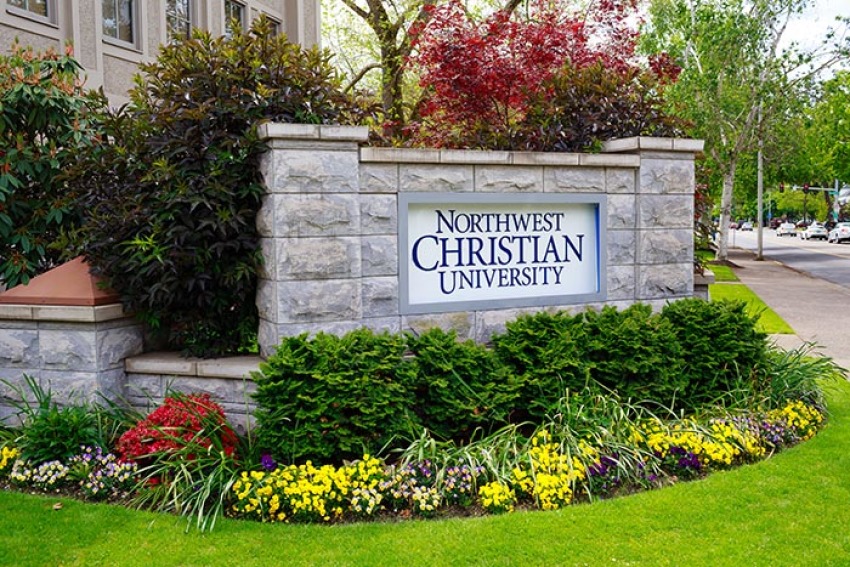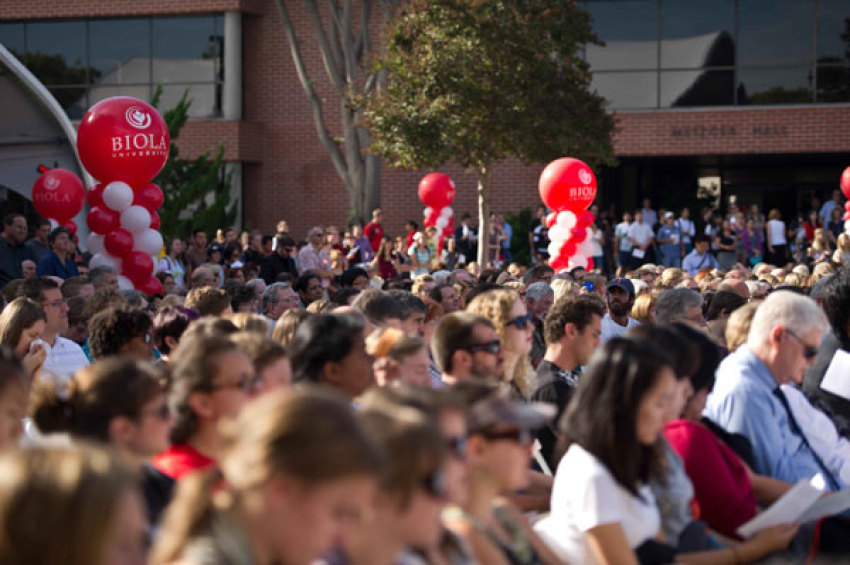Enrollment Trends of Christian Colleges and Universities in Last 30 years

As overall college enrollment declines for a sixth straight year, Christian colleges and universities have continued pitching potential students with a faith-based education that aligns with their professional goals and personal values. Public institutions and non-faith-based private schools are increasingly becoming known for their hostility toward biblical principles, and many Christian students are gravitating toward a college experience that equips them with a foundation for their faith, whether they are preparing for ministry or the marketplace.
Many of the trends in higher education as a whole also impact Christian universities, including rising tuition rates and the shift toward online education. Shifts in higher education are not the only changes in society Christian colleges and universities must understand. Because of their unique offering of a faith-based education, the schools must also observe the role religion plays in the lives of young people and how it will impact their decision. Pew Research Center reported that in 2014 "only about four-in-ten Millennials [said] religion is very important in their lives," fewer than any previous generation dating back to the Greatest Generation.
As the youngest Millennials move toward finishing their college years, the next generational cohort for Christian universities to focus on is Generation Z, those born between 1999 and 2015. Research by Barna indicates 75 percent of Boomers are Protestant or Catholic, whereas only 59 percent of those who are ages 13 to 18 identify as such. Furthermore, atheism is on the rise, as "the percentage of teens who identify as such is double that of the general population," Barna writes.
These economic, religious, and cultural changes in society have led to new enrollment patterns in Christian higher education. Here are three trends schools must take note of in order to best recruit and serve incoming students and provide with the knowledge and faith needed to make an impact with their profession.
Large Christian schools are increasing enrollment
One key decision for students in the college selection process is school size. While small, mid-sized, and large schools all offer their own unique experiences, U.S. News & World Report indicates many students are opting for large Christian colleges.
For those who are unsure which program of study to choose their first semester, attending a large school usually provides more options. While faith-based institutions offer religious education in the form of Bible classes, most also offer majors for the marketplace, such as business, kinesiology, or computer science. This gives students who attend larger Christian schools the ability to select from dozens or even hundreds of programs while also integrating their faith.

For example, Biola University in La Mirada, California, home to more than 4,000 students, has more than 150 programs. Lee University in Cleveland, Tennessee offers 129 programs to its more than 5,000 students. Liberty University in Lynchburg, Virginia has 366 residential degrees for 15,500 residential students and 289 for online students – 625 total.
The U.S. Department of Education determined in a study released in 2017 that for students beginning postsecondary education in 2011-12, about one third of students earning bachelor's degrees changed their majors at least once. The volume and diversity of programs fits well for undecided students, who may want a range of options to choose from should they decide against their original pick.
The shift to online education
More young people and professionals are choosing to attend school online, whether for the first time or for a graduate degree. Babson Survey Research Group reported that in 2016, distance learning enrollments rose for the fourteenth straight year, including by 7.1 percent by private, non-profit institutions. This compares to 7.3 percent by public institutions. Christian colleges and universities are included in the schools leading the way in online education.
Liberty University, a Christian school in Lynchburg, Virginia, capitalized on distance learning since 1985 by mailing videotapes to students. Now, the school boasts up to 95,000 online students each year, according to the New York Times.

As the online education market expanded, especially with increased access to high-speed internet, other schools also began offering online programs. In April, Religion News Service reported for-profit Christian school Grand Canyon University in Phoenix, Arizona now has even more students than Liberty.
Schools such as Calvin Theological Seminary and Southwestern Baptist Theological Seminary offer master's degrees online for those desiring further training in the Bible and ministry. Christian schools must continue to expand their offerings to keep up with demand as online education grows.
Lower tuition rates
As student debt soars, many parents and students are paying increased attention to the economics behind the investment in college. Tuition rates play a key role in the college decision, and many Christian schools are responding by offering lower rates in comparison to other private schools.
U.S. News & World Report writes how institutions within the Council for Christian Colleges & Universities (CCCU) have experienced "nearly an 18 percent growth in first-time, full-time enrollment from 2003 to 2015." In data collected from CCCU schools, average tuition and fees were more than 20 percent cheaper than the average of all private institutions. In seeking to offer the best value to students, CCCU schools have been able to attract students who may have considered paying a higher price for another private institution.
CNN Money reported in 2011 that as church membership dropped and the economy had been struggling, religiously-affiliated schools responded by cutting tuition and finding new ways to incentivize students to attend. Students may fear job prospects could be limited by attending a religious school, as evidenced by "many of these institutions ... removing the 'Christian' or 'Bible' from their names," the article reports. Lower tuition rates can also help counter those concerns and present a better value for parents and students.
Christian universities also understand many of its students will not be pursuing careers to maximize earnings but will still have to pay the heavy investment into their education. An economic impact report by the CCCU indicates a higher percentage of students at CCCU schools enroll in human services and education programs than at all other four-year institutions. These fields include counseling and community services, which deliver social benefits but do not pay as well as other arenas.



























